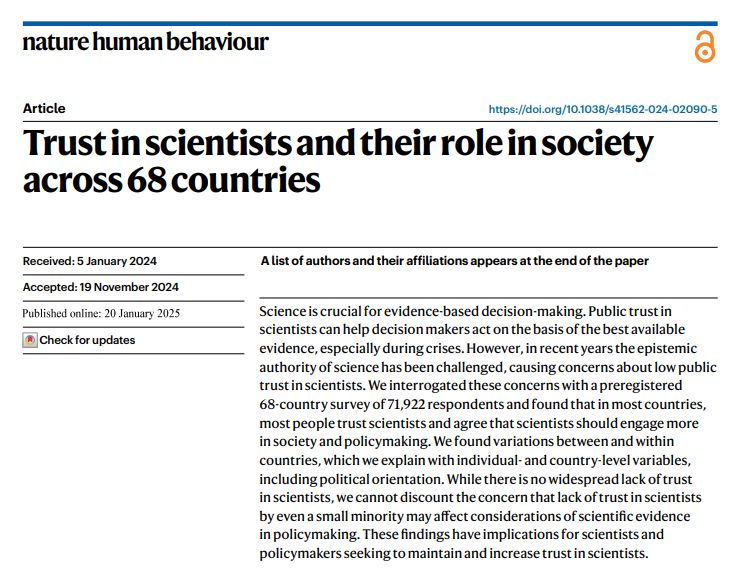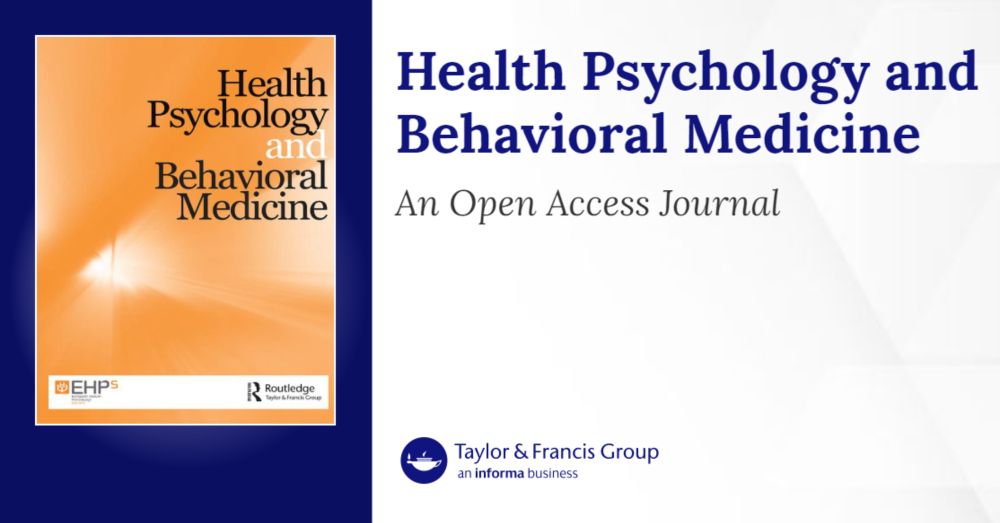Claudia Teran-Escobar
@claudiaterane.bsky.social
1.3K followers
730 following
20 posts
Associate professor in Psychology| Individual and structural factors on Behavior change for health and sustainability 🌱🌎 | Transport, nutrition, support for policies|🇧🇴Bolivian in 🇫🇷| EHPS Band
Posts
Media
Videos
Starter Packs
Reposted by Claudia Teran-Escobar
Reposted by Claudia Teran-Escobar
Reposted by Claudia Teran-Escobar
Daniel Lakens
@lakens.bsky.social
· Jan 3
Improving Your Statistical Inferences - 1 Using p-values to test a hypothesis
This open educational resource contains information to improve statistical inferences, design better experiments, and report scientific research more transparently.
lakens.github.io
Reposted by Claudia Teran-Escobar
BONUS
@thedisproof.bsky.social
· Dec 4

Underestimation of personal carbon footprint inequality in four diverse countries - Nature Climate Change
Existing studies show carbon footprint inequality between and within countries, but awareness of this inequality is unclear. This study finds widespread underestimation of carbon footprint inequality ...
www.nature.com
Reposted by Claudia Teran-Escobar
Reposted by Claudia Teran-Escobar
Sarah Briggs
@sarahbriggs.bsky.social
· Nov 29








